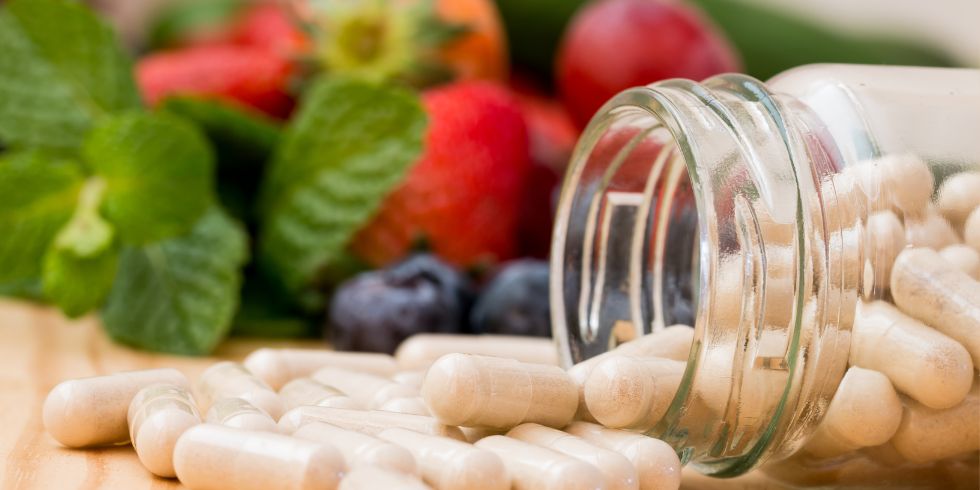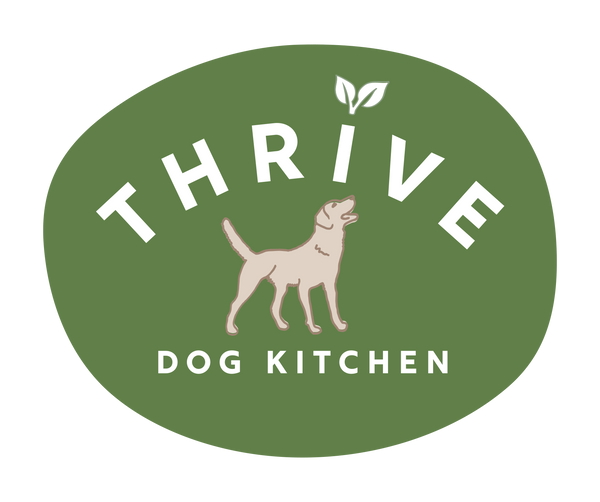
Quercetin for Dogs: A Natural Remedy for Allergies
Share
If your dog suffers from seasonal and/or environmental allergies like tree, grass and weed pollens, insect bites, mould spores, dust, cleaning products and insect control products, then Quercetin might provide relief for the symptoms, including itching, licking, redness, irritation and inflammation.
What is Quercetin?
(pronounced KWAIR-suh-ten)
It is a naturally occurring polyphenolic flavonoid (class of compounds that can combat environmental harm) that is found in several plants. Specifically, it has antioxidant, antihistamine and anti-inflammatory properties. Quercetin is responsible for the vibrant colours found in fruits and vegetables. It can be found in foods like:
- Apples
- Blueberries
- Broccoli
- Kale
- Capsicum
- Cabbage
- Asparagus
- Brussel sprouts
Is Quercetin Right for My Dog?
Before rushing to your local health store, confirm the cause of the symptoms is due to seasonal and/or environmental allergies. The best way to do that is to consult with an integrative veterinarian and/or a homeopath. They will work with you to identify the cause of the symptoms to determine if it is allergy related and if quercetin might be of benefit. Or, if it is another ailment like yeast.
How Do I Feed My Dog Quercetin?
There are two options when it comes to feeding quercetin to your dog:
- A whole pile of fruits and veggies on a daily basis, which will probably give them an upset stomach and break the bank for you; or
- For the benefits to be effective feed quercetin in supplement form
As mentioned earlier, quercetin is found in a variety of fruits and vegetables. However, your dog would need to eat an abundance of apples or blueberries, for example, to meet the daily dosage requirement for the effects of quercetin to work.
To work out the proper dosage, multiply the weight of your dog (in pounds) and multiply by 8. A dog weighing 50lbs should get 400mg or a 125lbs dog would get 1,000mg a day.
Let’s put this in perspective. 1,000mg is equivalent to eating 124 red apples or 217 cups of blueberries.
Important: Split the dosage into two portions (am and pm) for best results.
If feeding quercetin in powder form, simply sprinkle it over your dog’s meals and gently mix it up.
Where Can I Buy Quercetin?
Most health food stores will stock quercetin. Many forms of supplemental quercetin contain bromelain, which increases the bioavailability of quercetin.
It is important to note, that not all supplements are created equal. Supplements are an unregulated industry that are not required to meet the same rigorous standards as prescription medication or over the counter medication.
We recommend the NOW brand for most supplements.
Incorporating quercetin in your dog’s diet with fresh whole foods and/or dietary supplements will help support your dog’s health and well-being over time especially if they suffer from seasonal and/or environmental allergies.
Note - Please consult with your vet prior to starting a new supplement. They will be able to advise you on all potential side effects and risks, as well as knowing your dog’s medical history.
